What’s the Deal With Dairy?
Dr. Sarah Leahy Granite
For as long as most of us can remember, we’ve been told to drink our milk. It has calcium. It has Vitamin D. It has protein. We’ve been told that without milk we will develop osteoporosis and Rickets. I hate to burst your milk bubble, but would you be surprised to hear that the complete opposite is true?
Have you ever stopped, stepped back, and really thought about milk? Maybe I’m strange, but I have. About 20 years ago I started asking myself questions like, “why are we the only animal on the planet that drinks another animal’s milk, and drinks milk past infancy?” The milk of any mammal (including humans) is produced by mothers to feed their babies. It is full of nutrients and protective factors in the high amounts needed to grow a baby animal into an adult animal quickly. In the case of humans, many women choose to breast feed their children, but usually wean them within the first couple years of life. Almost everyone in our country would think it’s strange to find human milk in the grocery store, so why are we okay when it’s from a cow? Clearly the Dairy Industry has a very good marketing team.
Dairy consumption also comes with associated health complications. After around age three, about 75% of humans stop producing an important enzyme called lactase, which breaks down lactose, the sugar in milk. These individuals are known as “lactose intolerant” and, after consuming dairy, can experience anywhere from mild symptoms such as bloating, gas, diarrhea, and nausea, to more severe symptoms, including those associated with Irritable Bowel Syndrome and Crohn’s Disease. Dairy has also been linked to conditions such as asthma, heart disease, and diabetes. Since milk is meant to grow baby cows, it contains a growth factor called Interstitial Growth Factor-1 (IGF-1) that tells the body to grow and replicate cells. For this reason it has also been linked to cancer.
In 1997 Harvard conducted the Nurses Health Study, which followed 78,000 nurses for 12 years to determine the correlation between dairy consumption and risk for osteoporosis. The study showed a direct correlation between dairy consumption and rate of osteoporosis, with the United States, Sweden & Finland coming out on top in both categories. This is partially due to the acidic nature of milk, which the body neutralizes by leaching calcium from bones. Just this year Harvard went a step further to create a Healthy Eating Plate, much like the USDA’s MyPlate (formerly the Food Pyramid), which, due to its lack of influence from food industry lobbyists, shows a glass of water in place of milk.
By this point, the voice in your head is probably saying, “so, where do I get my calcium?” The short answer is the same place that cows do: plants. Calcium is a mineral that plants absorb through the ground, which is then, in smaller amounts, secreted into their milk. The rate of calcium absorption from eating plants is much higher than from dairy sources, so try to get your calcium from foods like spinach, kale, or sesame seeds. Vitamin D can be obtained by simply spending 15 minutes in the sun on most days.
Today, luckily, if you choose to cut dairy out of your diet, there are many healthy substitutes for cow’s milk (and cheese, yogurt, ice cream, etc.). Can’t live without your cereal in the morning? Try almond milk. Have a craving for ice cream? Coconut milk ice cream could really hit the spot. As a former 3-glasses-a-day milk (and other dairy) addict, I can honestly say that adjusting to a life without dairy was tricky at first, but well worth the rewards in the end.
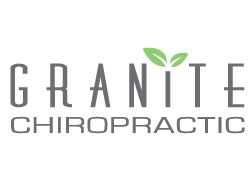
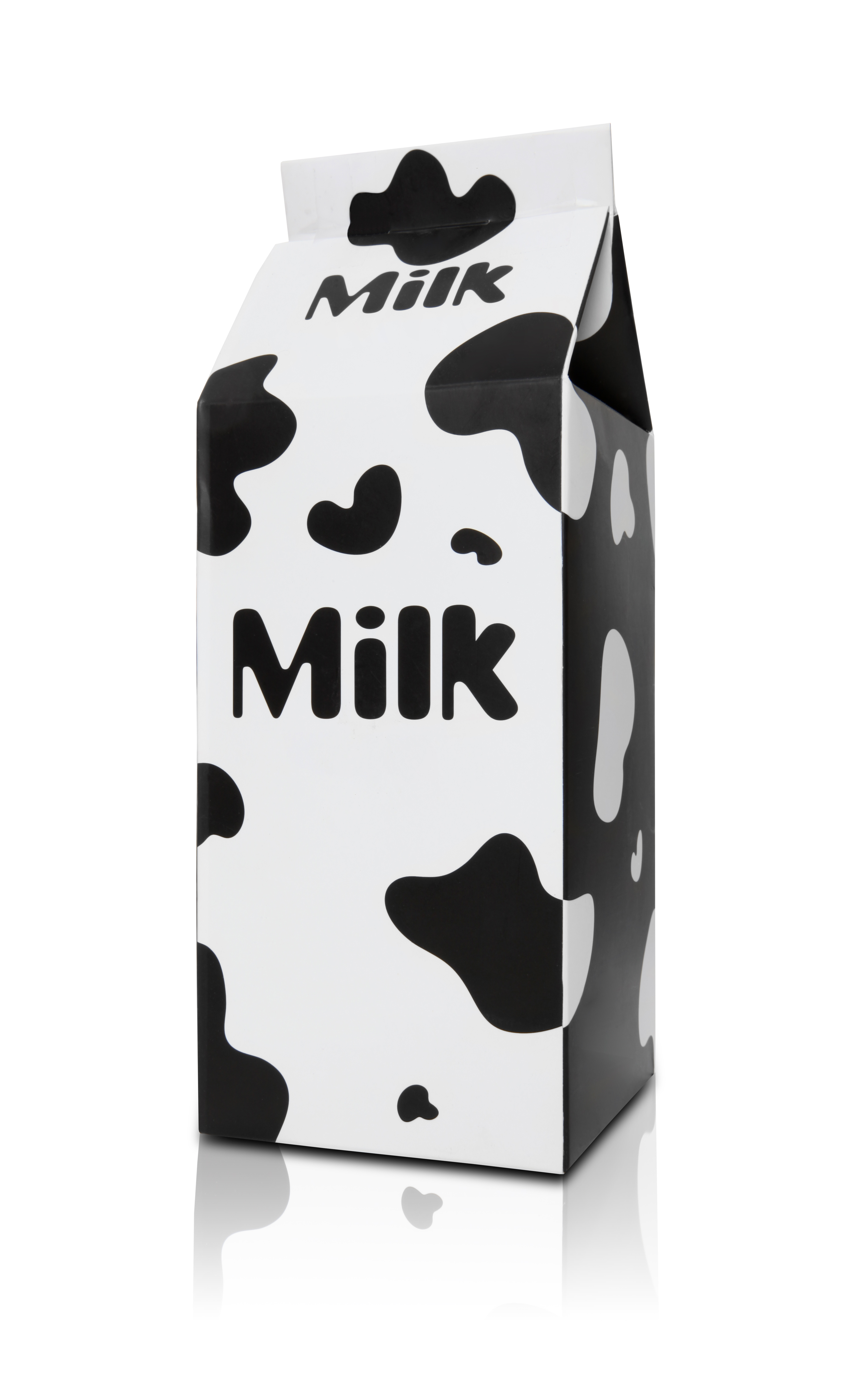
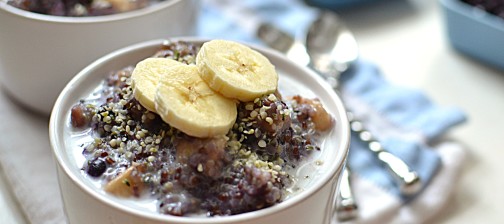
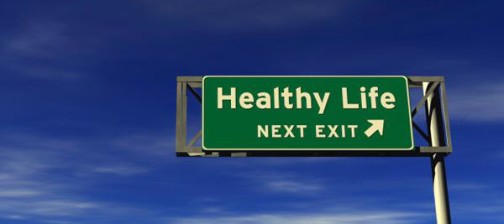
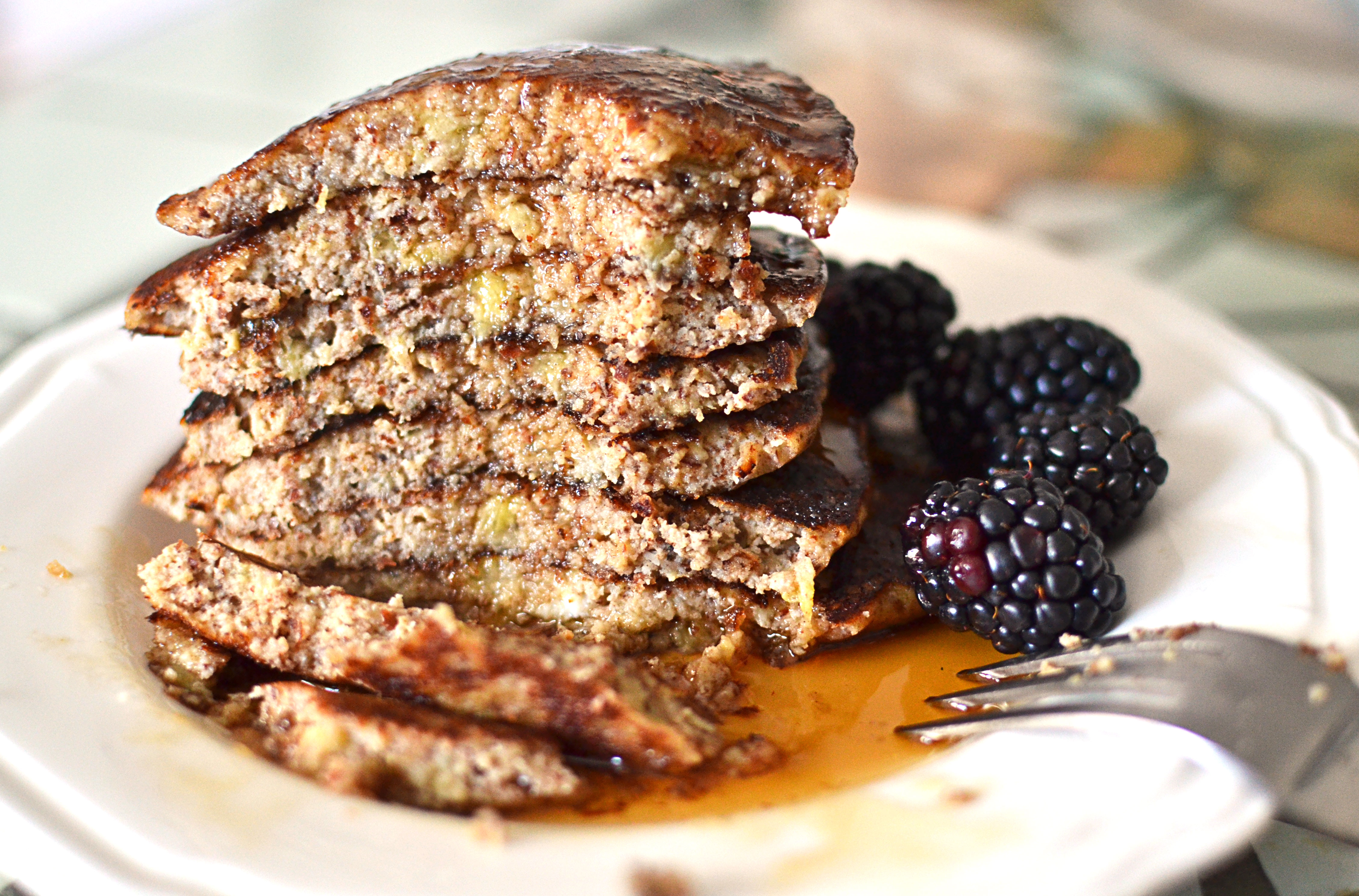
Great post. Our family gave up dairy over a year ago, but it only took a few weeks to see the benefits of no longer having it in our diet. My son and I no long suffer from eczema; my son was diagnosed with chronic constipation the year before we gave up diary and was on a stool softener a for a whole year, but after giving up diary, he no longer needed meds; my husband had digestive issues which he no longer suffers from and my skin cleared up after years of adult acne. We don’t miss dairy at all and enjoy all the healthy alternatives available out on the market. I encourage everyone to remove it from their diet…we simply don’t need it.